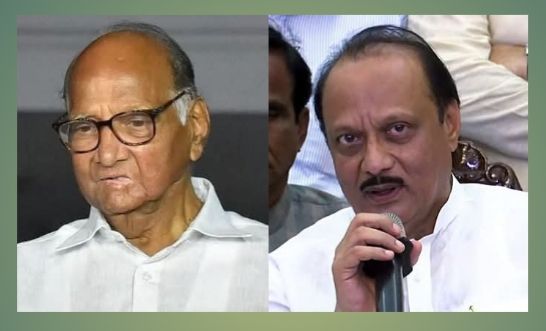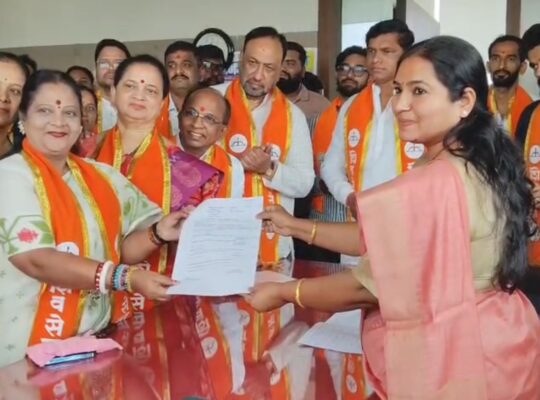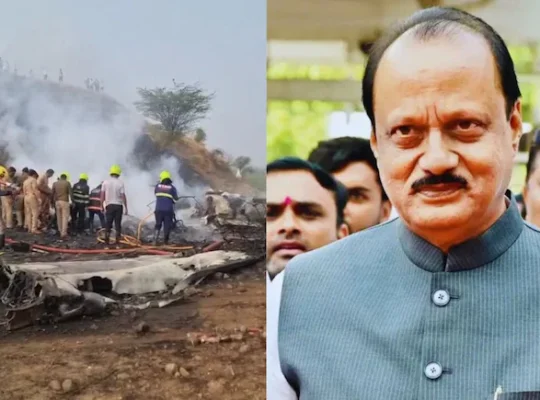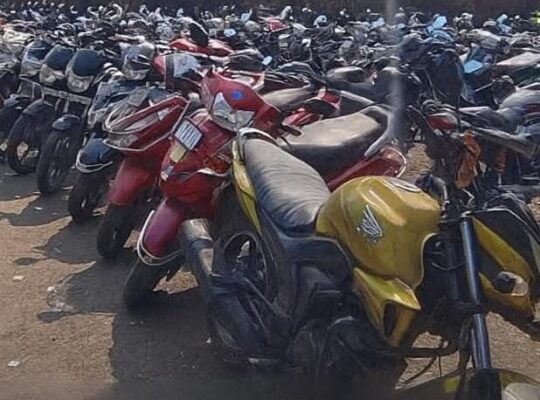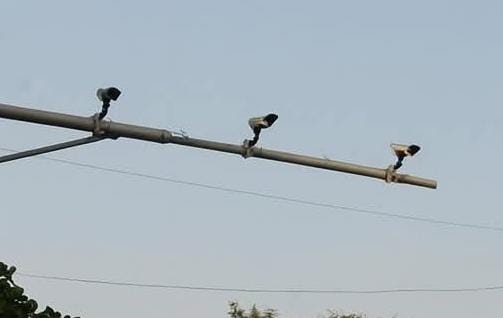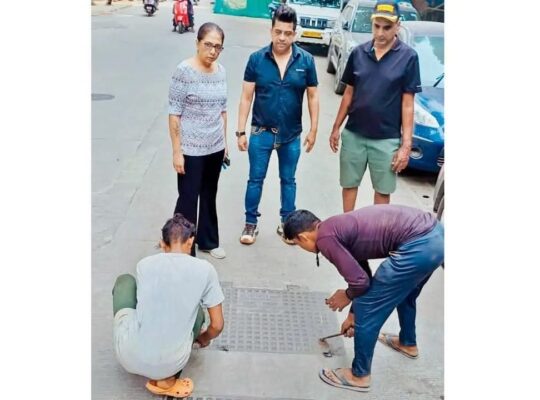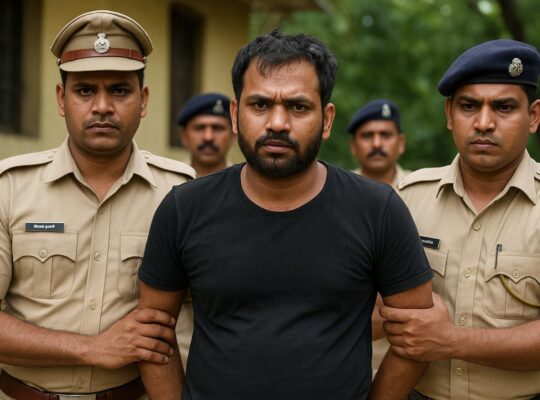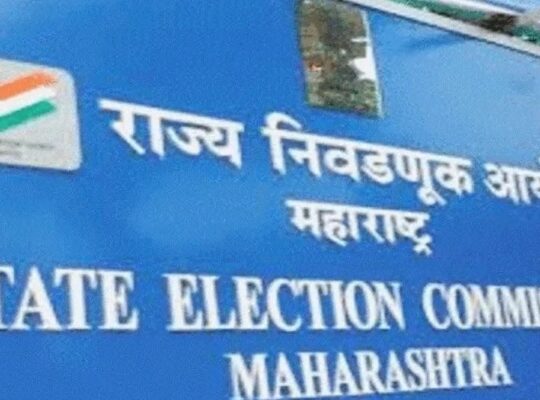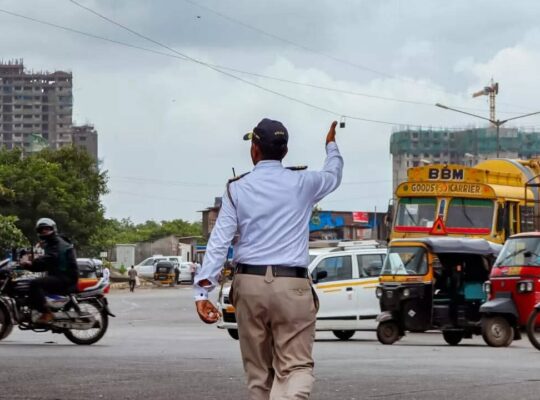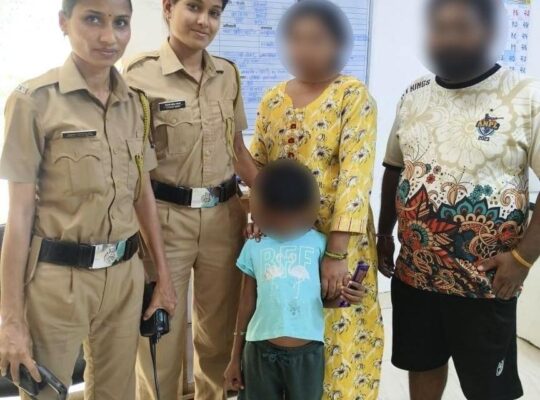Mumbai : In a significant political development, Maharashtra’s political landscape is witnessing two contrasting trends — a potential reconciliation in the Pawar family and growing rifts within the ruling Mahayuti alliance.
Speculation is rife across western Maharashtra over NCP founder Sharad Pawar’s softened stance toward the BJP-led NDA government. Pawar has chosen to refrain from criticizing the Centre on sensitive issues like the Waqf (Amendment) Bill, inflation, the falling rupee, and national security concerns. His recent statement urging national unity after the Kashmir terror attack was in line with the broader opposition’s stance, but observers note this is part of a larger pattern of strategic silence.
Adding to the intrigue, Sharad Pawar and his estranged nephew, Deputy CM Ajit Pawar, have been seen together at multiple administrative meetings in Pune. Political circles are abuzz with speculation of an emerging understanding between the two — potentially signaling future cooperation or even reunification within the NCP factions. The presence of senior Sharad Pawar loyalists at meetings with Ajit Pawar has further strengthened these rumours, though officially these were termed “development-related discussions.”
Meanwhile, trouble seems to be brewing within the Mahayuti alliance. Discord between Chief Minister Devendra Fadnavis and Deputy CM Eknath Shinde is becoming increasingly visible. Shinde’s decision to take charge of the Srinagar rescue mission — despite Fadnavis nominating BJP minister Girish Mahajan — is being viewed as a political maneuver to assert parallel authority.
Persistent disagreements over guardian minister appointments, fund allocations, and intra-alliance equations, particularly in districts like Raigad, have only deepened the divide. Shiv Sena leaders have expressed dissatisfaction over what they perceive as preferential treatment toward Ajit Pawar’s NCP, hinting at an imbalance in the alliance.
With civic elections in major cities such as Mumbai, Thane, Navi Mumbai, and Pune approaching, both the evolving Pawar dynamics and the Mahayuti’s internal rifts are poised to play a crucial role. Seat-sharing talks, especially in closely contested urban areas, will test the resilience and negotiation skills of both alliances.
As Maharashtra gears up for a high-stakes electoral battle, all eyes will be on the shifting alliances and the power equations they produce.

